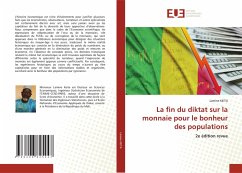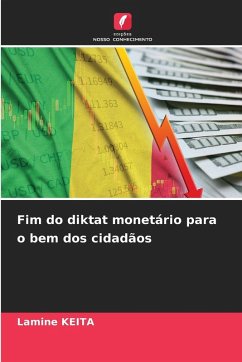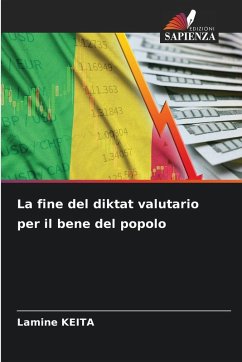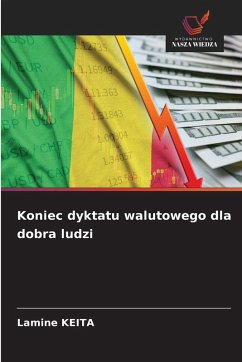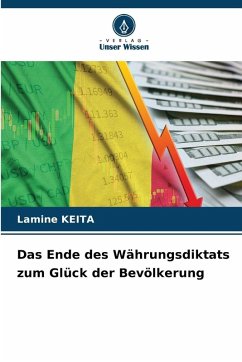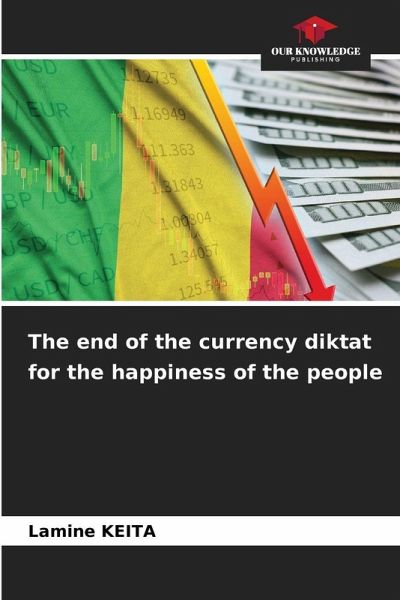
The end of the currency diktat for the happiness of the people
Versandkostenfrei!
Versandfertig in 6-10 Tagen
53,99 €
inkl. MwSt.

PAYBACK Punkte
27 °P sammeln!
Economic history is rich in events to justify a number of facts that economists, observers, narrators and other specialists have certainly described with art, but have never been able to capitalize on due to the diversity of their observational approaches. We understand that, in the context of scientific economics, the expressions "depreciation of the ecu or the currency", "devaluation of the FCFA" or "corruption of the currency", which have appeared in economic literature to designate historical situations from the Middle Ages to the present day, translate the same economic reality, which con...
Economic history is rich in events to justify a number of facts that economists, observers, narrators and other specialists have certainly described with art, but have never been able to capitalize on due to the diversity of their observational approaches. We understand that, in the context of scientific economics, the expressions "depreciation of the ecu or the currency", "devaluation of the FCFA" or "corruption of the currency", which have appeared in economic literature to designate historical situations from the Middle Ages to the present day, translate the same economic reality, which consists of the reduction in the weight of cash, or more generally the reduction in weights and measures in economics.In the absence of precise concepts, historical data relating the same economic fact found itself expressed in different ways depending on the narrator's specialty, when the expression of money also appeared as conflicting. As a result, historical experiences over time could not be capitalized on to form stable, organized information.



